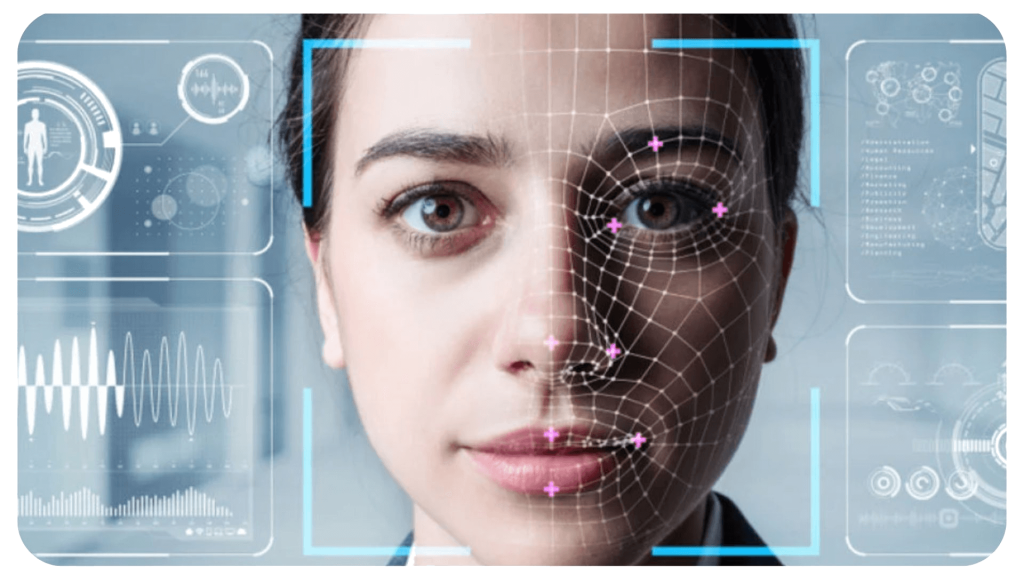In the digital age, advanced biometrics is positioning itself as a fundamental pillar on security and personal authentication.
This technology, which transcends traditional forms of identification, employs advanced techniques to provide exceptional levels of accuracy and security.
Facial Recognition
Facial recognition has evolved with deep learning algorithms and neural networks, extending from public safety to banking. However, privacy concerns have led to the implementation of ethical regulations.
By analysing three-dimensional features, facial recognition not only identifies faces, but also subtle gestures and changes in expression.
Airports use it to streamline passport control, and financial institutions use it to strengthen the security of online transactions.
However, privacy has become a critical consideration, and ethical standards are being established to ensure responsible use.
Fingerprints: Beyond Fingerprinting
Fingerprints, the standard in biometrics, have evolved with capacitive and optical technologies, encompassing features beyond the fingertips. This improves accuracy and resistance to forgery.
In addition to fingerprints, biometrics based on finger topography, palm features and subcutaneous veins have gained prominence.
These elements not only improve accuracy, but also allow for greater flexibility in environments where the traditional fingerprint might not be sufficient.

Iris Recognition: The Window to the Digital Soul and Worldcoin Participation ($WLD)
Iris recognition, because of its unique accuracy, has been deployed in government and corporate environments.
Worldcoin proposes to incorporate iris recognition into the world of cryptocurrencies, improving security by eliminating passwords and private keys.
The integration of iris recognition in cryptocurrencies has security and authentication advantages.
Worldcoin seeks to authenticate users through iris scanning, offering a secure and frictionless experience. However, privacy and biometric data protection challenges need to be rigorously addressed.

Advanced Biometrics Revolution
Advanced biometrics redefines security and opens up new possibilities in human-machine interaction. The proposal for Worldcoin highlights the versatility of this technology, not only for conventional security but also for innovation in digital finance.
Despite ethical and privacy challenges, the convergence of advanced biometrics and cryptocurrencies represents a step towards more secure and accessible financial systems. Careful management of privacy and ethical standards are crucial for the responsible adoption of these technologies.
Ultimately, the combination of advanced biometrics and cryptocurrencies signals a direction towards more secure, efficient and accessible financial systems in the evolving digital age. As these technologies continue to evolve, a landscape emerges where security and privacy are balanced to provide a safer and more efficient digital experience.

Marcos Cabrero, student of the Degree in Software Development Engineering.

